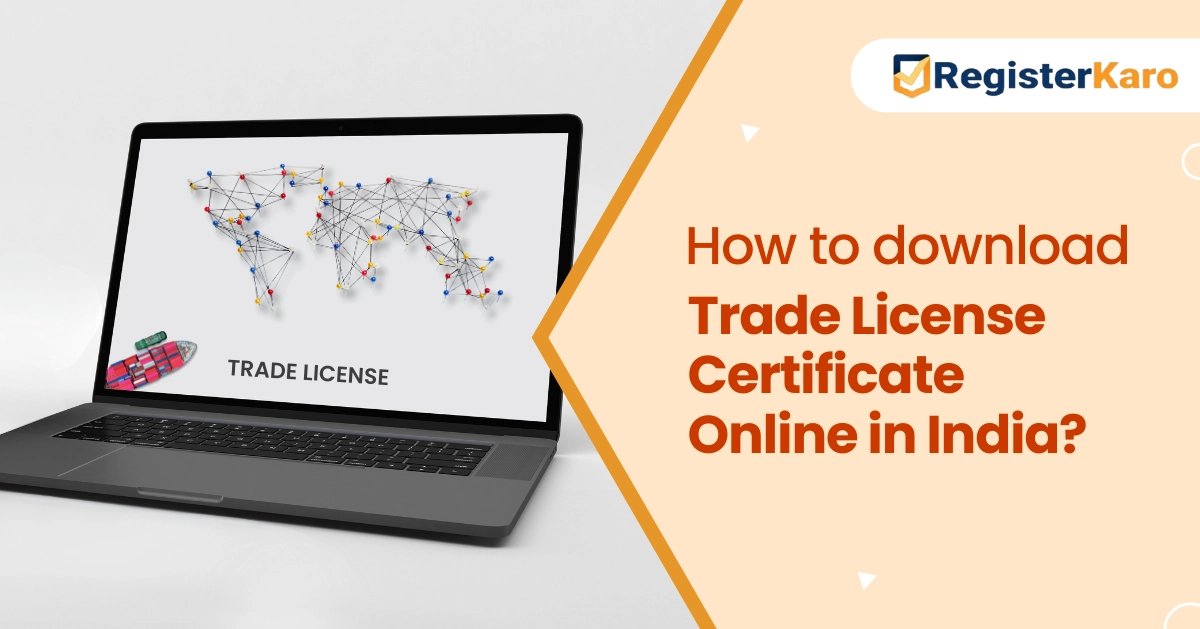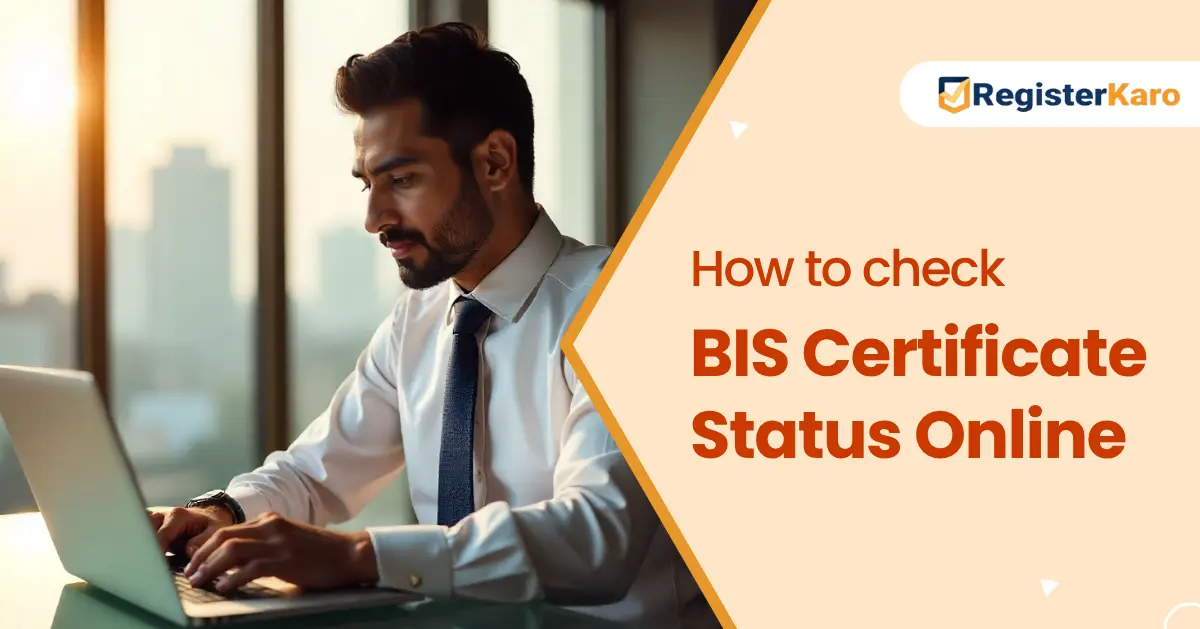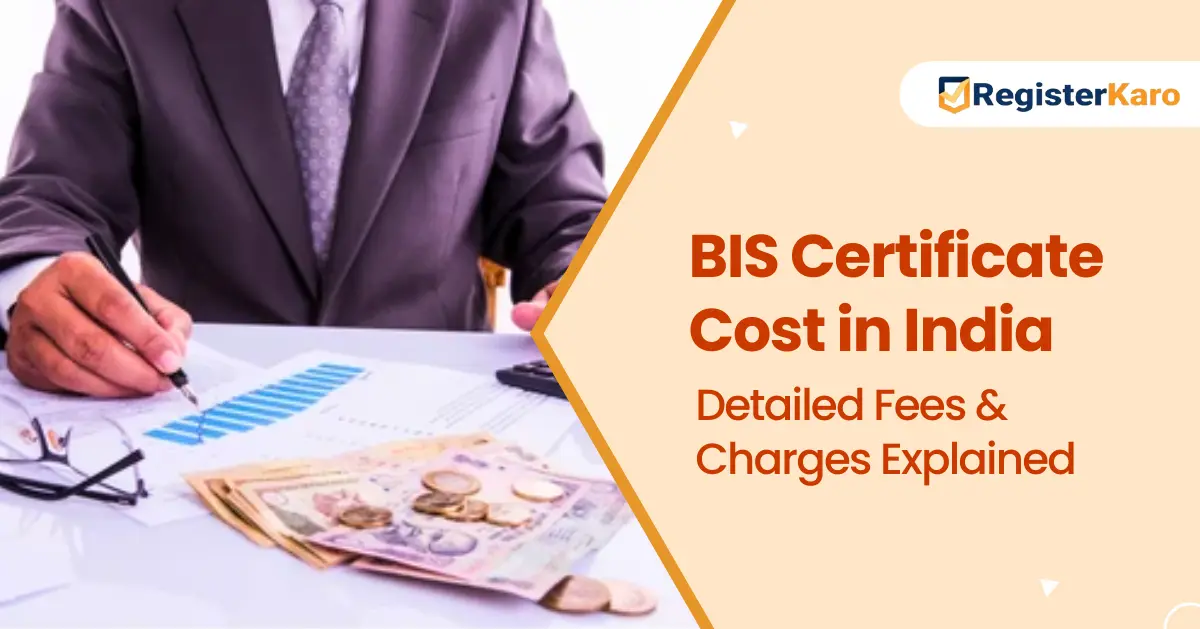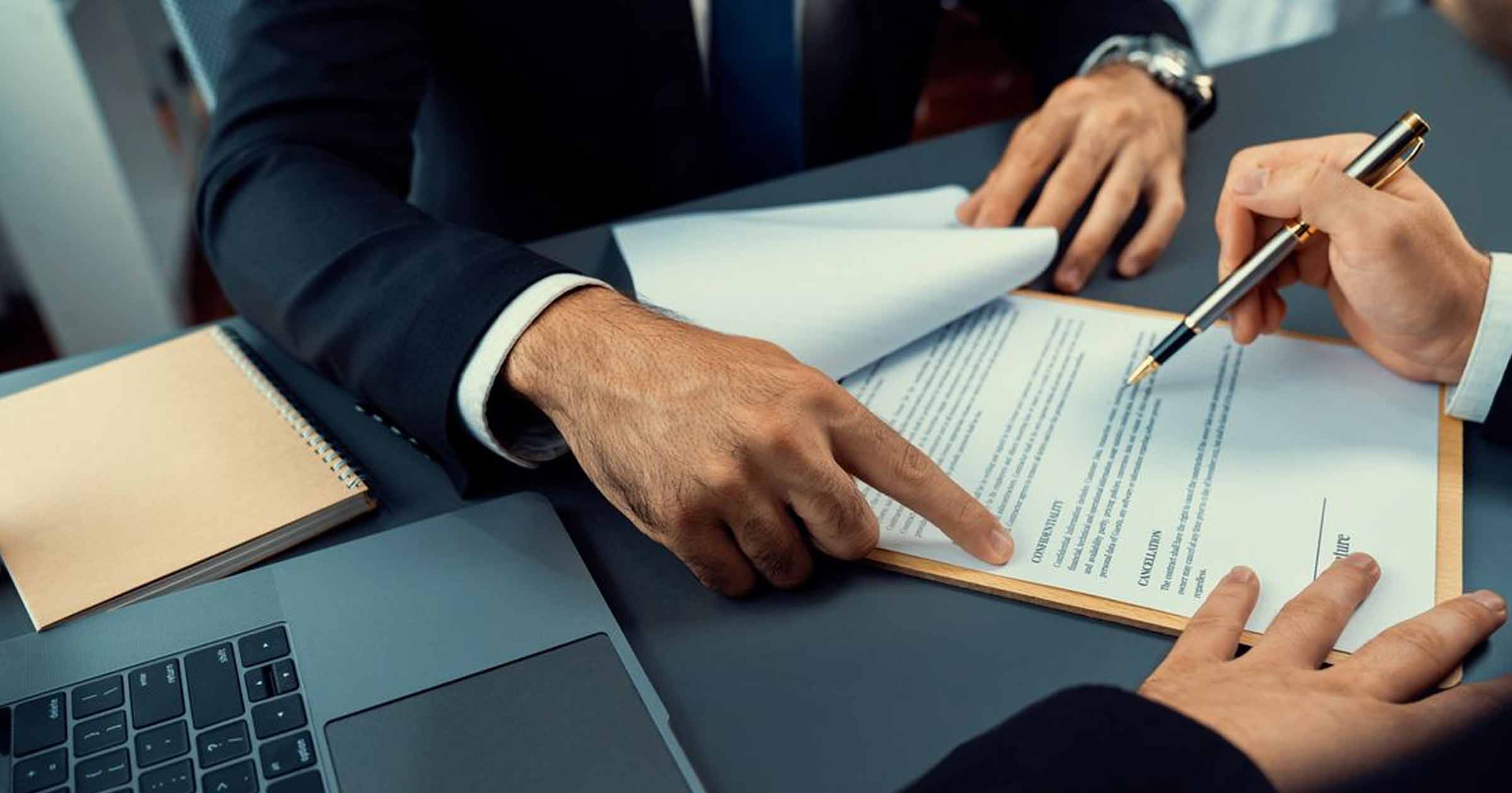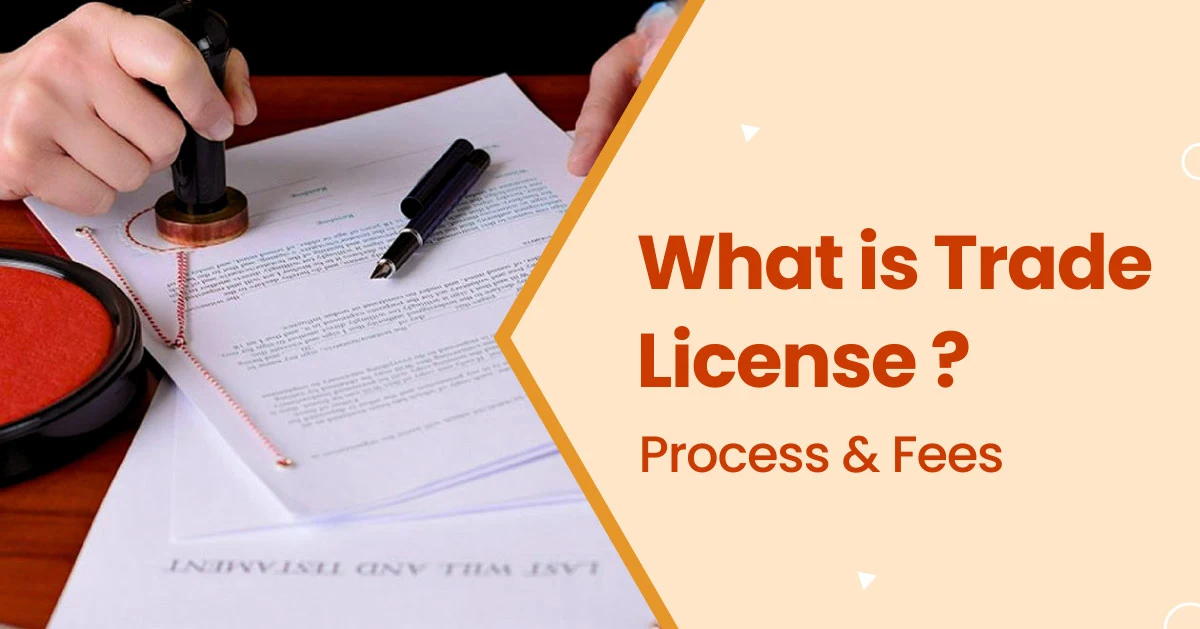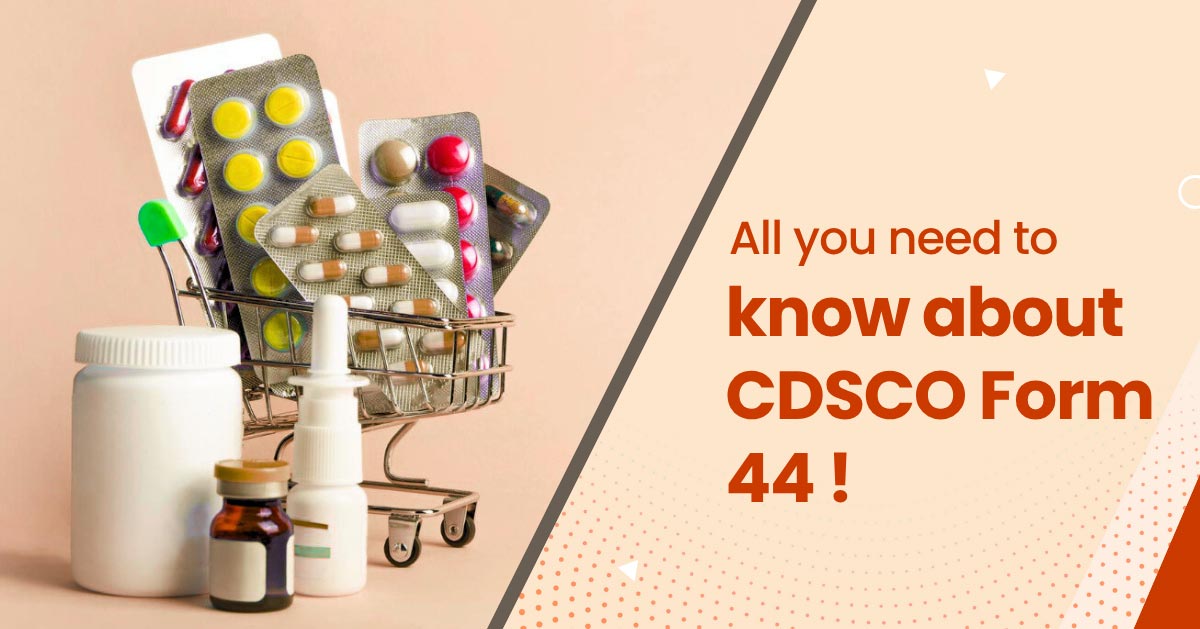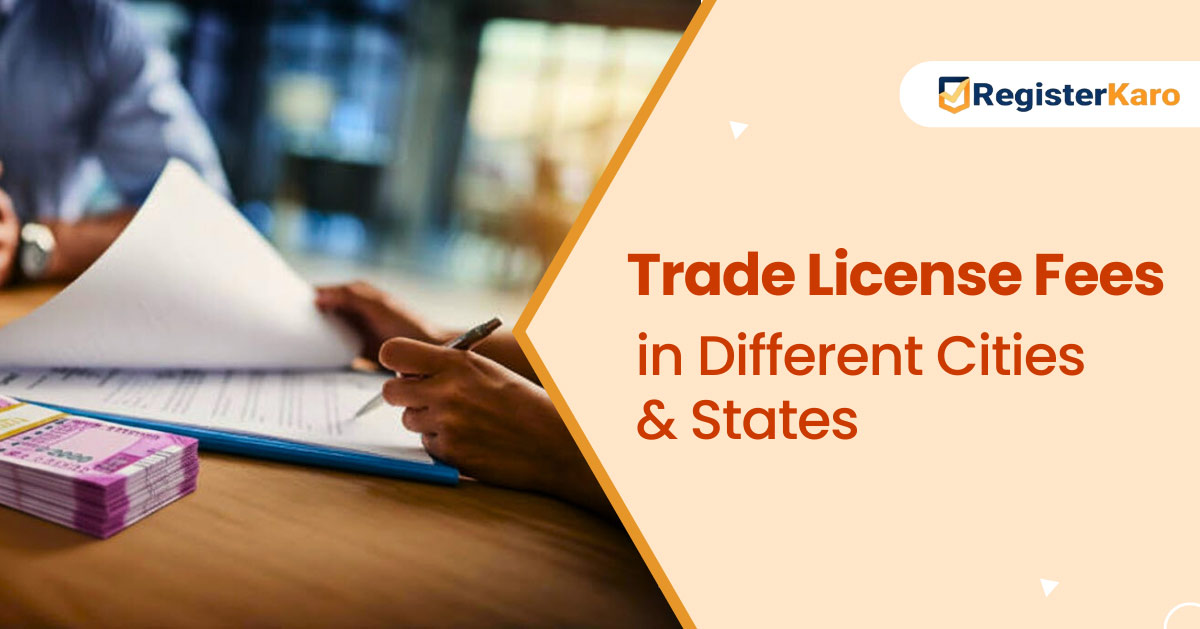A liquor license is a legal permit issued by state authorities that authorizes businesses to sell, distribute, or serve alcoholic beverages in India. Managed by state Excise Departments, this license is mandatory for any establishment dealing in alcohol, including restaurants, bars, hotels, and retail outlets.
The licensing system regulates alcohol distribution while generating revenue for state governments. Different license types exist based on business operations - on-premises consumption or off-premises sales - each with specific compliance requirements that businesses must follow to operate legally.
Types of Liquor Licenses
You must select the appropriate license type for your specific business model:

1. Liquor Shop License
A Liquor Shop License permits the sale of packaged alcohol directly to consumers through retail stores and specialized outlets.
2. Bar License (CL-III)
With a Bar License (CL-III), you can serve alcoholic beverages in establishments like restaurants, hotels, and clubs, typically where food and entertainment are also offered.
3. Beer and Wine License
Allows you to sell and serve only beer and wine products. You'll pay lower licensing fees than full-service bar licenses, making it ideal for casual dining establishments and cafes.
4. Hotel License
This license caters specifically to hospitality businesses. You can serve alcohol to both resident guests and restaurant patrons.
5. Wholesale Distribution License
With this license, you can purchase and distribute alcohol products in bulk to licensed retailers. You must maintain substantial storage facilities and follow strict inventory tracking regulations.
6. Liquor Manufacturing License
Required for setting up facilities that produce alcoholic beverages. It includes permissions for production, bottling, and labeling under government oversight.
7. Event Liquor License
A temporary license allowing the sale or service of alcohol at specific events such as weddings, festivals, or corporate gatherings. Usually valid for 1 to 7 days, depending on local regulations.
8. Liquor Export License
Enables businesses to legally export Indian-made alcoholic beverages to international markets, ensuring compliance with trade and customs laws.
9. Banquet Liquor License
A specialized license that allows alcohol service at banquet halls and function venues. Depending on the jurisdiction, it may differ from event or hotel licenses.
Note: Liquor License for Home Bar in India, this typically refers to personal consumption permits for storing alcohol at home. There are no commercial "home bar" licenses. This guide focuses on business-related licenses.
Examples of State-Specific License Classes
Here’s an easy-to-understand table outlining liquor license categories across different Indian states. Note that licensing rules vary significantly by state, so this table highlights common types, but some specifics might differ.
| State/UT | Manufacturing Licenses | Wholesale Licenses | Retail Licenses | Special Licenses |
| Maharashtra | Distillery, Brewery, Winery | FL-1 (Foreign Liquor) | FL-2 (Retail Foreign Liquor) | FL-4 (Bars/Restaurants), Temporary |
| Tamil Nadu | Distillery, Brewery | FL-2 (Import Permit), FL-3 (Wholesale) | FL-3A (Retail), FL-4 (Club) | FL-5 (Temporary), Event Licenses |
| Karnataka | Distillery, Brewery | CL-2 (Wholesale) | CL-2 (Retail), CL-9 (Bars/Hotels) | Temporary, Club Licenses |
| Delhi | Distillery, Brewery | L-1 (Wholesale Foreign Liquor) | L-6/L-9 (Retail) | L-15 to L-28 (Bars, Clubs, Hotels) |
| West Bengal | Distillery, Brewery | FL-1 (Wholesale) | FL-2 (Retail), FL-3 (Club), FL-4 (Hotel) | Temporary Event Licenses |
| Rajasthan | Distillery, Brewery | Wholesale Licenses | Retail On-Premise & Off-Premise | Occasional, Temporary Licenses |
| Gujarat | Prohibition State (Very limited) | Special Permits only | Special Permits only | Strict controls, limited licenses |
| Punjab | Distillery, Brewery | Wholesale Licenses | Retail Licenses | Temporary Licenses |
| Haryana | Distillery, Brewery | Wholesale Licenses | Retail Licenses | Temporary Licenses |
| Uttar Pradesh | Distillery, Brewery | Wholesale Licenses | Retail Licenses | Temporary Licenses |
Objectives of Liquor Licensing
Regulatory authorities implement liquor licensing to achieve several important goals:
- Regulate alcohol manufacturing, distribution, and consumption
- Protect public safety by controlling alcohol availability
- Generate revenue for state governments through excise duties
- Prevent illegal production and bootlegging operations
- Enforce age restrictions for alcohol purchase and consumption
- Control the number and location of alcohol-serving establishments.
Laws Governing Liquor Licensing in India
Liquor licensing in India follows central guidelines and state-specific laws:
- Central Guidelines
- Model Excise Policy (issued periodically by the Ministry of Finance)
- Central Motor Spirits Act, 1950 (governs taxation on petroleum products used in alcoholic preparations)
- State Excise Acts (each state enacts its law under Entry 51, List II of the Constitution)
- e.g., Maharashtra Prohibition (Maharashtra Amendment) Act, 2009
- Uttar Pradesh Excise Act, 1910
- Tamil Nadu Prohibition Act, 1937
- West Bengal Excise Act, 1909
- State Excise Rules
- Foreign Liquor Rules (prescribe norms for imported spirits)
- Country Liquor Rules (cover local manufacture and sale)
- Industrial and Medicinal Liquor Rules (licensing for industrial/medicinal alcohol)
Authorities Responsible for the Liquor License
- Department of Excise (state-level administrative body)
- State Excise Commissioner (overall policy and compliance)
- District Excise Officer / Superintendent (local licensing, enforcement)
- Excise Inspectors & Enforcement Squads (field inspections, raids, seizure)




